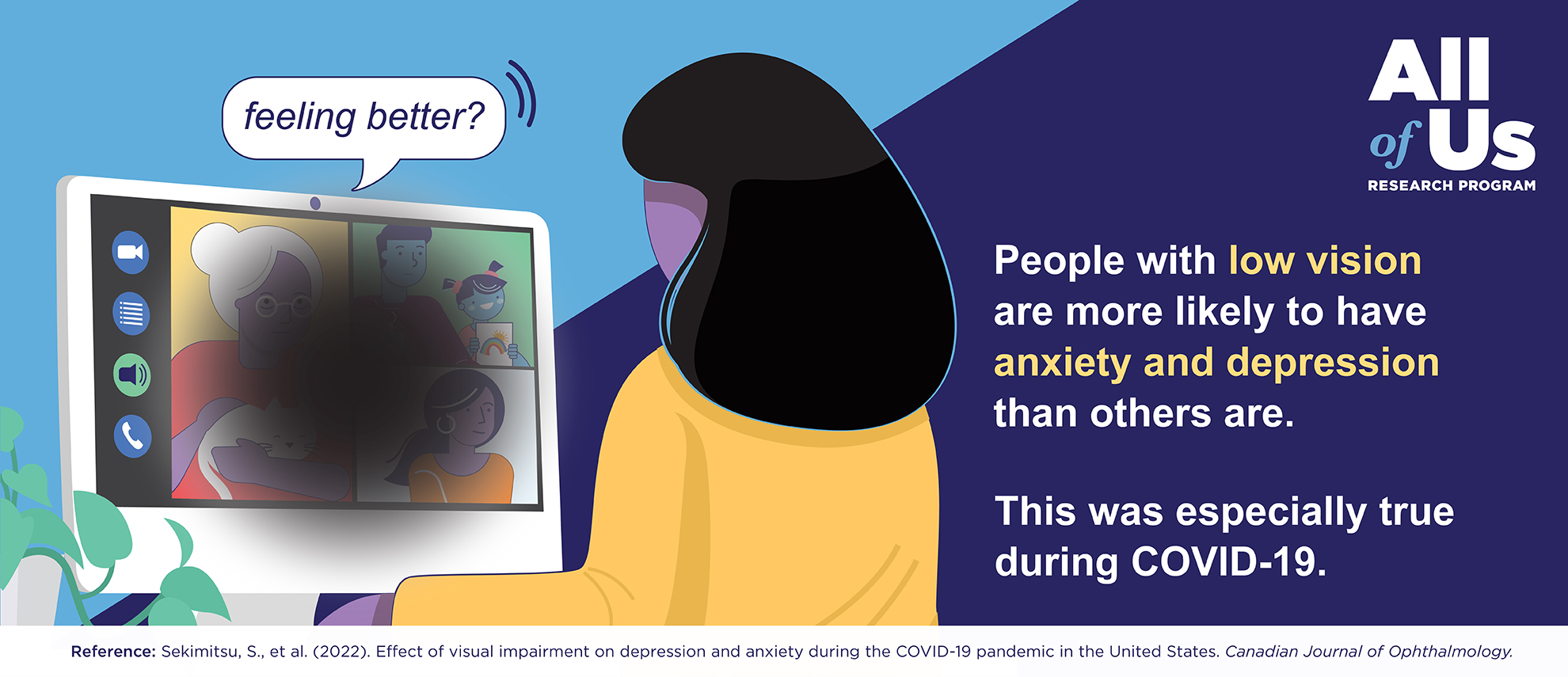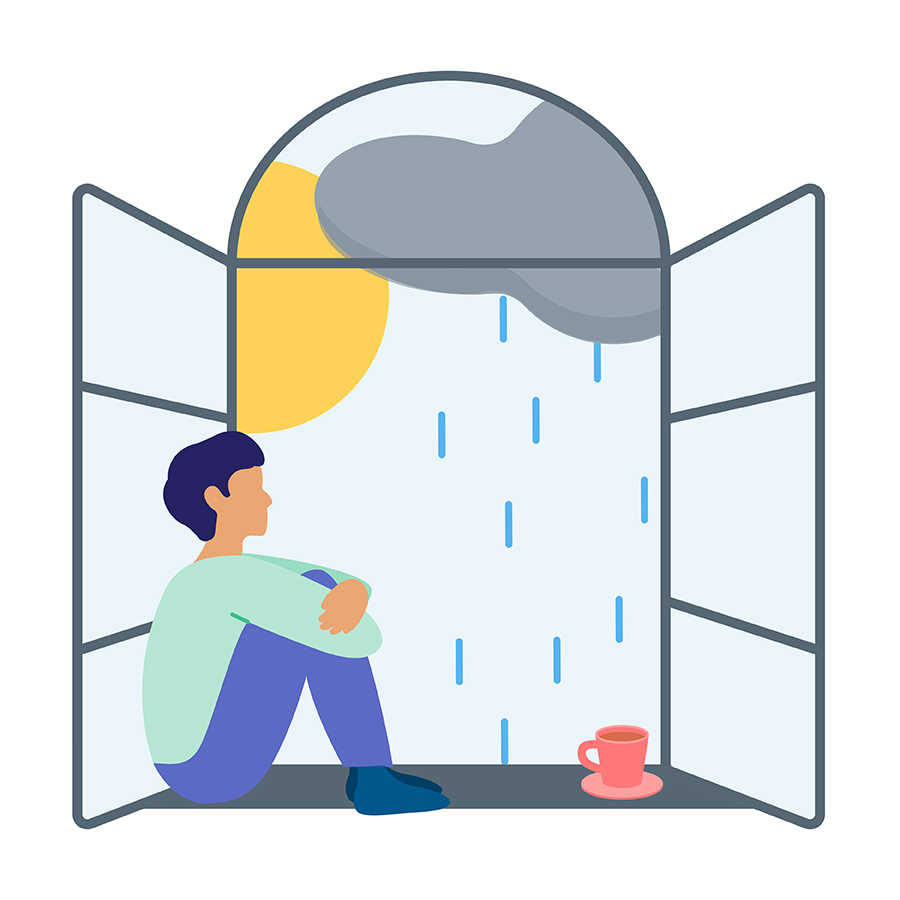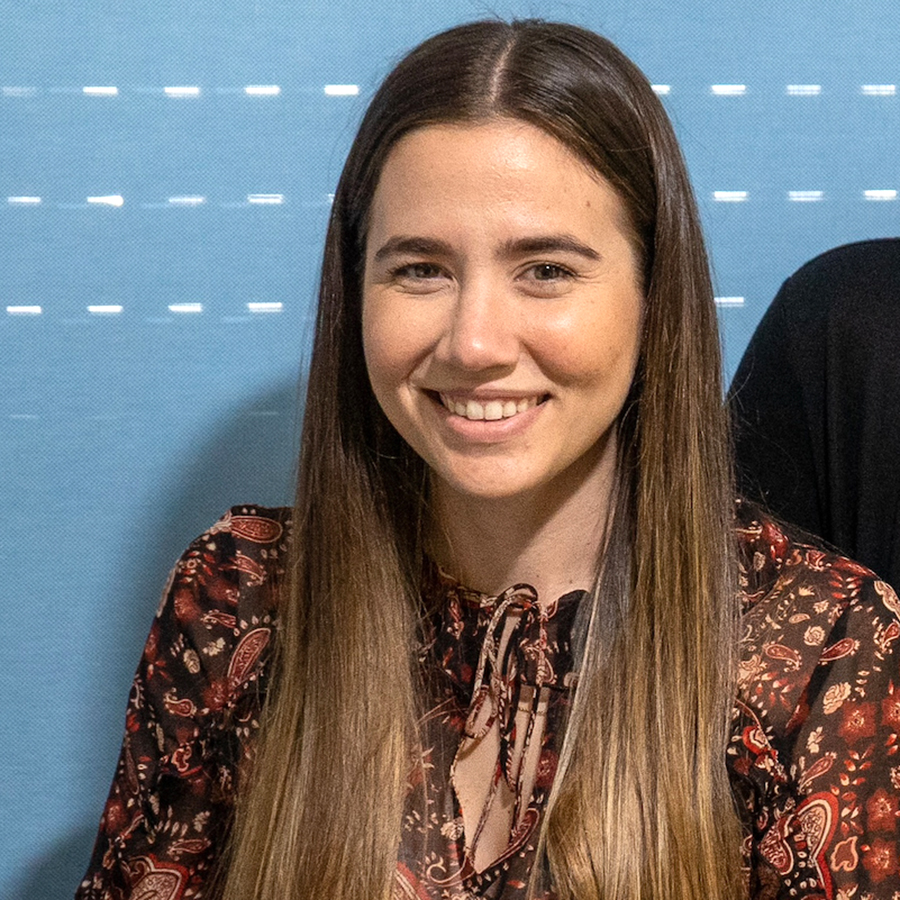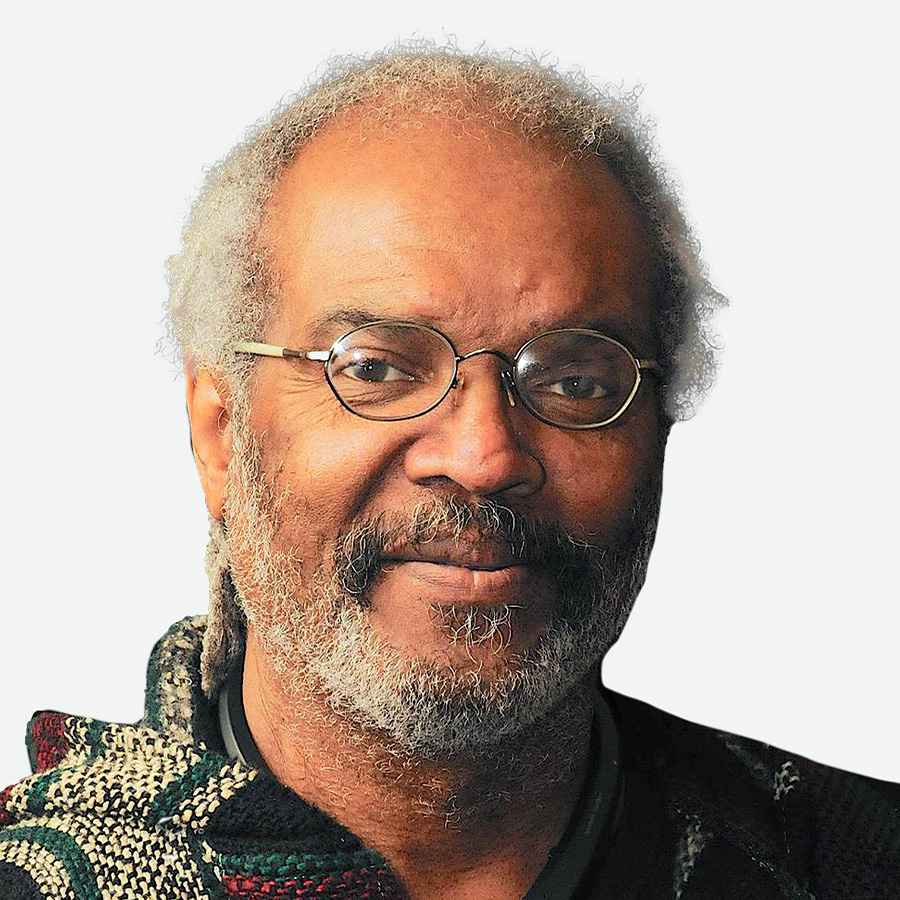
Key points
- Past studies have shown that rates of anxiety and depression are higher in people with vision loss.
- During COVID-19, people with blindness or low vision were more likely to have new anxiety or depression than other people.
- People with blindness or low vision who got COVID-19 were more likely to have anxiety and depression.
Anxiety and depression are very common mental illnesses. Some groups are affected by these illnesses differently. For example, past studies have found higher rates of anxiety and depression in people living with blindness and low vision than in other people. But these studies looked only at small groups of people and took place before the COVID-19 pandemic.
Researchers used All of Us data to explore how the pandemic affected the mental health of people who were blind or had low vision. They found that during the pandemic, anxiety and depression were more common in people with blindness or low vision than in other people.
This study builds on past research that looked at possible reasons for mental health disparities in people with low vision. The results were published in the Canadian Journal of Ophthalmology.*
Disease, Disability, and Mental Health
For this study, researchers looked at electronic health record data from nearly 325,000 All of Us participants. Of these participants, 7,500 had blindness or low vision.
The researchers counted medical diagnoses of anxiety or depression. They also studied responses from an All of Us survey that asked about mental health during the pandemic.
Then the researchers compared rates of anxiety or depression among participants based on:
- Whether or not they were blind or had low vision
- Whether or not they had COVID-19
- Their self-identified race and ethnicity
COVID-19’s Toll on Mental Health
One half of people with blindness or low vision had anxiety or depression before the pandemic. This was twice as high as rates among people with normal vision across all race and ethnicity groups.
During the pandemic, people with blindness or low vision were at higher risk of new or worse feelings of anxiety or depression than people with normal vision.
Anxiety and depression were also linked to COVID-19. The researchers found that people with blindness or low vision who got COVID-19 were more likely to have anxiety or depression.
What’s Next
There is still more to learn about disability and mental health. For example, this study did not measure the mental health risks of blindness or vision loss from disease. It also did not look at other factors that can contribute to depression and anxiety, such as discrimination, social support, and other social determinants of health.
But this research shows how important it is to study the mental health of different groups of people. It also highlights a need to offer mental health care for people who are blind or have low vision.
Data from All of Us participants made it possible for researchers to explore the links between disability, mental health, and disease. This research helps explain why anxiety and depression are more common in some groups than in others. Discoveries like this help to show how health care can be personalized to an individual’s experiences.
*Updates to align this publication with All of Us Research Program policies are pending. All of Us will add a link to the updated publication once it becomes available.
Interested in All of Us?
- Read more research highlights.
- Learn about participation in the program.
Conduct research with All of Us
- Learn about opportunities for researchers.
- Find funding to support research using All of Us data.
- See more research projects made possible by All of Us data and tools.
 U.S. Department of Health & Human Services
U.S. Department of Health & Human Services



